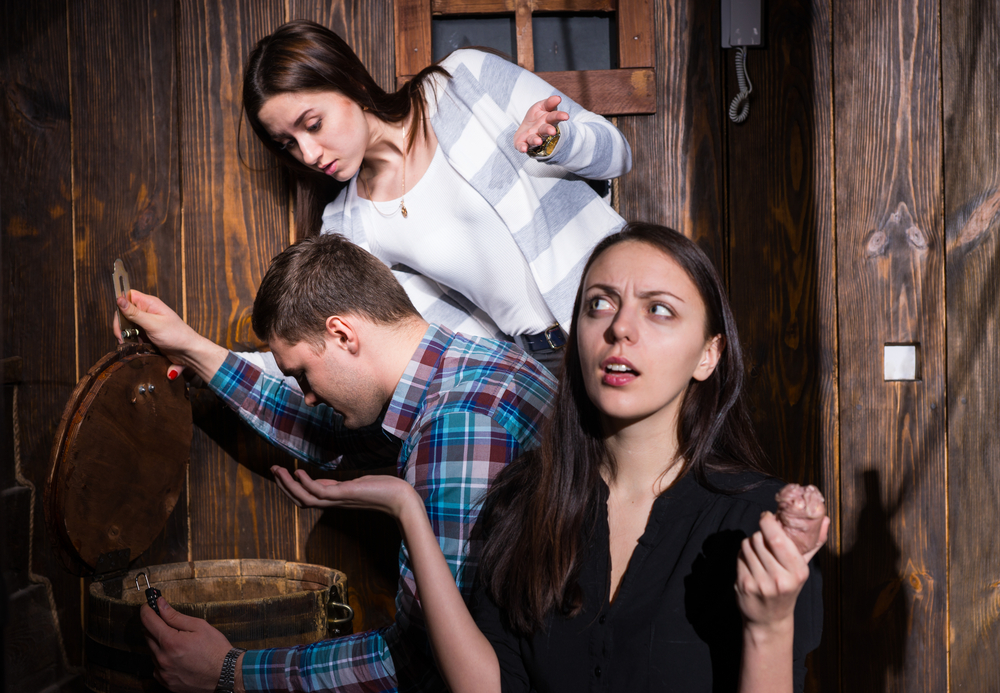
A striking French-language publicity stunt is spreading awareness of alcohol addiction by using an Escape Room-style game experience.
More than 7,000 people played the faux game—either online or in real life—over the course of a month, only to realize by the end that it was essentially an immersive PSA.
The game’s creators, the addiction charity Addict Aide and the agency BETC Paris, put out a three-minute video walking viewers through the experience.
The opening shots feature what the subtitles describe as “a mysterious apartment restored as it was on May 13, 2009.”
“Dozens of clues” include a fridge full of expired food, broken mirrors, and a red stain on the rugs. Some players walk through the game digitally, just like they might on Facebook. Others, as we see in the video, show up in person to “investigate” the set-up scene. They’re looking to figure out why the room is trashed and what happened to make it that way.
Some suggest the apartment is inhabited by a vampire, a KGB agent or a killer. But they’re all wrong.
At the end of the experience, a woman pops up on a flat screen TV and offers an explanation.
“Hi I’m Laurence, Laurence Cottet,” she says. “You’re now in a room that’s an identical replica of a place I lived in for 6 years, from 2004 to 2010. While you guys had a fun time playing the game, I suffered a great deal. In that place, I was an alcoholic. A lot of clues are hinting at what I was but you misinterpreted them all.”
She then walks gamers through exactly what signs they misinterpreted and what’s really going on, as they slowly realize the game was really an awareness campaign.
The same charity group launched a similar awareness-raising Instagram account in 2016. The “Louise Delage” account garnered more than 12,000 followers who adored the Parisian woman’s breezy and glamorous lifestyle, complete with alcohol in every picture. But eventually Addict Aide revealed the account owner wasn’t real, but that the entire account was a set-up geared at showing how easy it is for people to miss the warnings signs.
“We all know a Louise Delage,” Addict Aide co-founder Michael Reynaud said in a statement at the time. “The Addict Aide platform offers tools to help all of those who ask themselves questions on their consumption or that of someone close to them.”
